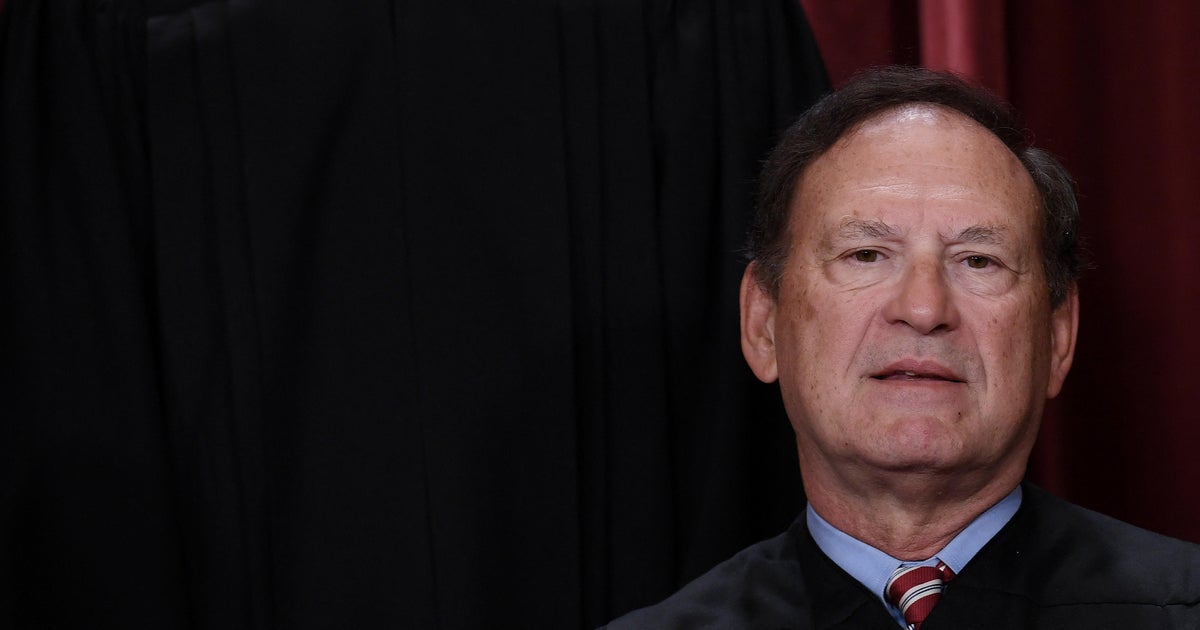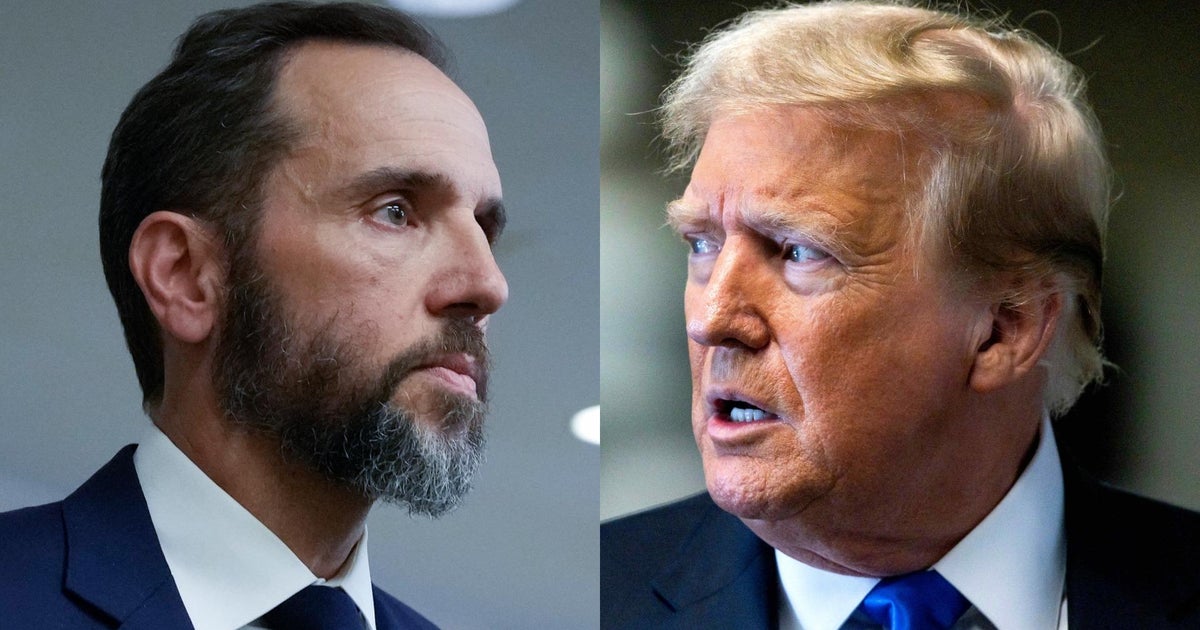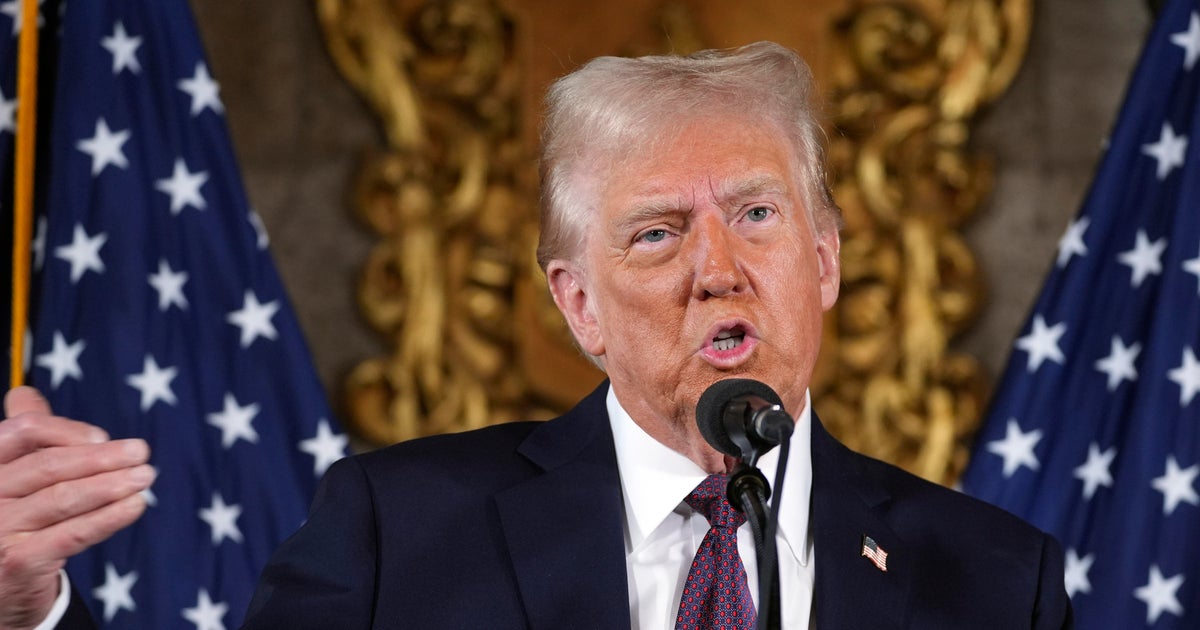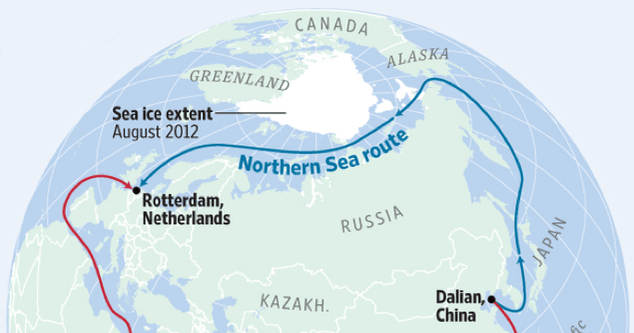What is executive privilege? Behind the legal doctrine at the center of the Mueller report fight
The White House has begun to turn to executive privilege to stop the flow of any further information from the Mueller report. On Wednesday, President Trump claimed executive privilege over the full Mueller report and its underlying documents, and his administration hasn't ruled out trying to use privilege to stop special counsel Robert Mueller from testifying before Congress.
So, what is executive privilege and how does it work?
Executive privilege is invoked by the president to allow the executive branch to resist revealing information to other branches of government. It's not a power explicitly outlined in the Constitution, but it is considered inherent in the doctrine of separation of powers.
A claim of executive privilege is generally on its strongest footing when invoked in the interest of national security, though presidents have attempted to use it more broadly. The circumstances under which a president can claim privilege were narrowed in 1974 in a Supreme Court case involving the Watergate scandal. When the special prosecutor investigating the case against President Nixon subpoenaed audio tapes of conversations Nixon had recorded — after several of his aides had been indicted in the affair — Nixon tried to quash the subpoena by asserting executive privilege. He argued in part that the judiciary did not have the authority to review the president's assertion of executive privilege.
Though the Supreme Court recognized that the president has an interest in keeping some top-level conversations secret, that alone is not enough. In a unanimous decision, the court ruled, "Neither the doctrine of separation of powers nor the generalized need for confidential high-level communications can sustain an absolute, unqualified Presidential privilege of immunity from judicial process under all circumstances."
As the Trump administration wrestles with ongoing Democratic investigations following the Mueller report, questions about when it's feasible for the president to invoke the privilege will keep coming up. On the whether the president's claim of privilege over the full Mueller report and underlying documents will hold up, CBSN contributor and former Manhattan prosecutor Rebecca Roiphe told CBSN Wednesday that executive privilege "can be a broad assertion, but it's got serious limitations." She continued, "The question here is, if they exert the privilege, what would a court say? And part of the problem is ... well, why do you need those things private?"
Part of the issue, Roiphe went on to say, is that the administration's privilege claim really covers "such a tiny part of the report. Most of the report's already been turned over." So in that "tiny little subset of information," it'll be a challenge to argue what the high confidentiality interest is. But "maybe they could make that argument," she added.
Usually, disputes over the exchange of materials are worked out between the branches. And until Wednesday morning, that seemed to be the case as the Democratic-controlled House Judiciary Committee seeks documents from the Justice Department. Chairman Jerry Nadler, Democrat of New York, had been working with the Justice Department toward an accommodation over the material. But after he rejected the Justice Department's request to delay a vote holding Attorney General William Barr in contempt for not providing documents related to the Mueller report, the Justice Department terminated the discussions and invoked the privilege.
Now that the committee has voted along party lines to hold Barr in contempt, the issue is likely to go to court, as Democrats push to get access to the full Mueller report.



